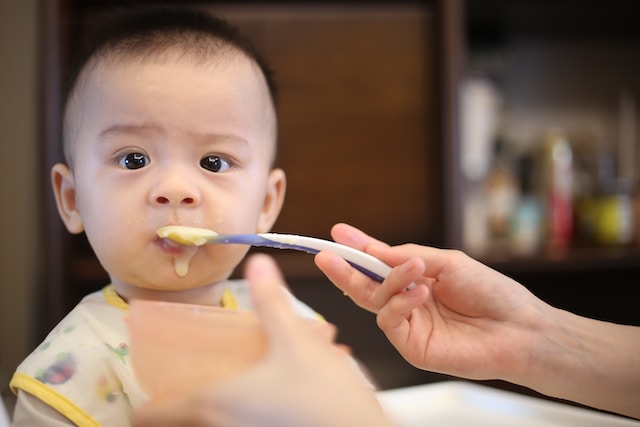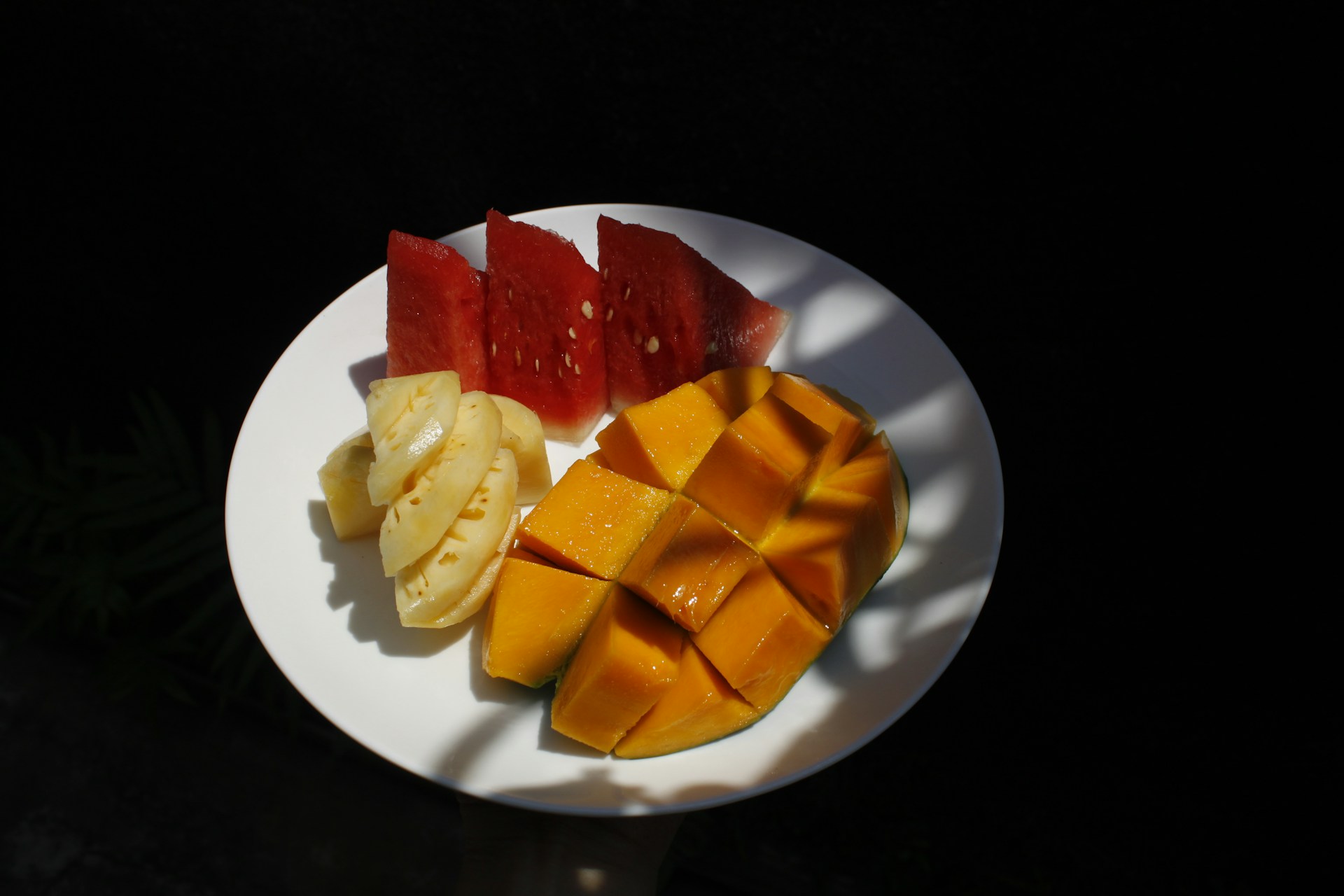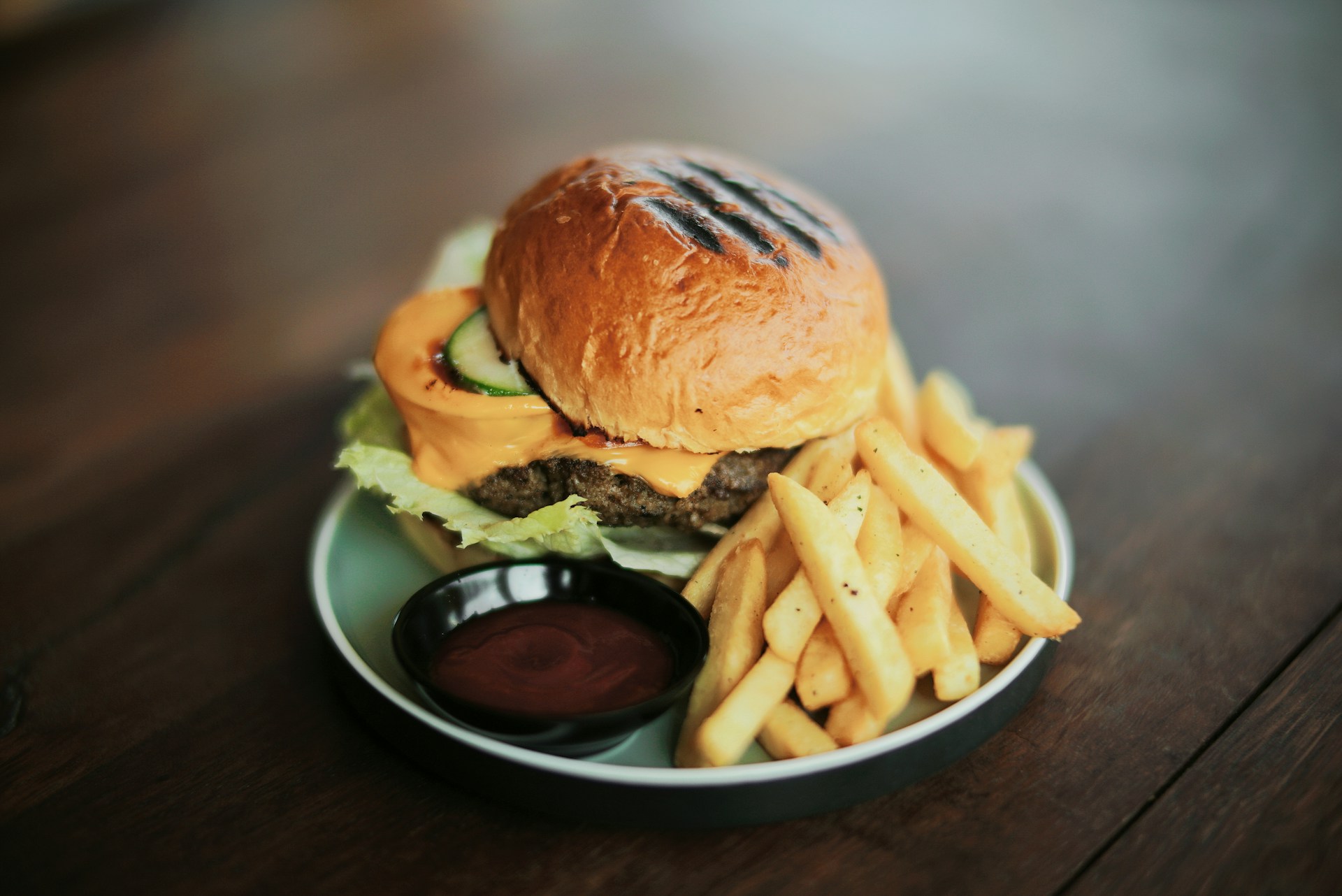Animal-Based Protein Intake is Associated with Stunting in Children in Primary Health Care of Minggir
Asupan Protein Hewani Berhubungan dengan Stunting pada Balita di Wilayah Kerja Puskesmas Minggir

Downloads
Background: Stunting in children under fives years of age still become crucial problem. One of the factors that influenced directly to stunting is lack of nutritional intake especially protein. Most of protein consumed by under-fives children must be in high quality such as animal-based protein because it has more complete composition of essential amino acids than plant-based protein.
Objectives: The study aimed to analyzed the association between animal-based protein and stunting in children in Primary Health Care of Minggir.
Methods: This study was analytical observational with cross-sectional design. A total of 50 mothers that have 24–59 months old children were involve in this study and taken by using purposive sampling. Data of animal-based protein intake were collected by SQ-FFQ for the last three months. Height-for-age in z-score was used to determine stunting that were obtained from the last measurement and recorded in Maternal and Child Book. The association between stunting and the animal-based protein intake was analyzed descriptively through cross-tabulation.
Results: More than half of under-five children were stunting (56%). Inadequate animal-based protein intake was observed in 46% of under-fives children. Sources of animal-based protein were eggs, chicken, catfish, ice cream and UHT milk. Children who have adequate animal-based protein intake were not stunted (67%), however children who have inadequate animal-based protein intake were stunted (83%). The prevalence of stunting in children who consume inadequate animal-based protein is 2 times greater than in children who consume adequate animal-based protein (PR: 2.478).
Conclusions: Based on this study, animal-based protein intake is associated with stunting in under-fives children in Primary Health Care of Minggir. Mothers should improve their children's animal-based protein intake by local food sources supplied from side dishes to prevent stunting.
Unicef. Improving Child Nutrition : The Achievable Imperative for Global Progress. (United Nations Children's Fund (UNICEF), 2013).
Kementerian PPN/ Bappenas. Pedoman Pelaksanaan Intervensi Penurunan Stunting Terintegrasi di Kabupaten/Kota. (2018).
UNICEF/WHO/WORLD BANK. Levels and Trends in Child Malnutrition: Key Findings of The 2021 Edition of The Joint Child Malnutrition Estimates. World Health Organization (Geneva, 2021).
Perpres RI. Perpres Nomor 72 Tahun 2021 tentang Percepatan Penurunan Stunting. at (2021).
Kemenkes RI. BUKU SAKU Hasil Survei Status Gizi Indonesia (SSGI) 2022. (2022).
SK Bupati Sleman. SK Bupati Sleman Nomor 14.1 Tahun 2021 tentang Kalurahan Lokasi Fokus Prioritas Penanggulangan Stunting Tahun 2021 dan Tahun 2022. Bupati Sleman at (2021).
WHO. Stunting in a nutshell. https://www.who.int/news/item/19-11-2015-stunting-in-a-nutshell (2015).
Salem, Y. H. A. et al. Effect of Nutritional Status on Growth Pattern of Stunted Preschool Children in Egypt. Acad. J. Nutr. 2, 1–9 (2013).
Sari, E. M., Juffrie, M., Nurani, N. & Sitaresmi, M. N. Asupan Protein, Kalsium dan Fosfor Pada Anak Stunting dan Tidak Stunting Usia 24-59 Bulan. J. Gizi Klin. Indones. 12, 152–159 (2016).
Hardinsyah, Supariasa, I. D. N. & Ester, M. Nutrition Science: Theory and Applications. (Penerbit Buku Kedokteran EGC, 2017).
Swarinastiti, D., Hardaningsih, G. & Pratiwi, R. Dominasi Asupan Protein Nabati Sebagai Faktor Risiko Stunting Anak Usia 2-4 Tahun. Diponegoro Med. J. (Jurnal Kedokt. Diponegoro) 7, 1470–1483 (2018).
Afiah, N., Asrianti, T., Muliyana, D. & Risva. Rendahnya Konsumsi Protein Hewani Sebagai Faktor Risiko Kejadian Stunting Pada Balita Di Kota Samarinda. Nutr. Diaita 12, 23–28 (2020).
Oktaviani, A. C., Pratiwi, R. & Rahmadi, F. A. Asupan Protein Hewani Sebagai Faktor Risiko Perawakan Pendek Anak Umur 2-4 Tahun. J. Kedokt. Diponegoro 7, 977–989 (2018).
Sari, H. P., Natalia, I. & Sulistyaning, A. R. Hubungan Keragaman Asupan Protein Hewani, Pola Asuh Makan, dan Higiene Sanitasi Rumah dengan Kejadian Stunting. J. Nutr. Collage 11, 18–25 (2022).
Chaparro, C., Oot, L. & Sethuraman, K. Overview of the Nutrition Situation in Seven Countries in Southeast Asia. (Food and Nutrition Technical Assistance III Project, 2014).
Badan Penelitian dan Pengembangan Kesehatan. Studi Diet Total: Survei Konsumsi Makanan Individu Indonesia 2014. (2014).
Sirajuddin, Surmita & Astuti, T. Bahan Ajar Gizi: Survey Konsumsi Pangan. Kemenkes RI (2018).
Kemenkes RI. PMK Nomor 2 Tahun 2020 tentang Standar Antropometri Anak. at (2020).
De Onis, M. et al. Prevalence thresholds for wasting, overweight and stunting in children under 5 years. Public Health Nutr. 22, 175–179 (2019).
TNP2K. 100 Kabupaten/Kota Prioritas untuk Intervensi Anak Stunting (Kerdil). (Sekretarian Wakil Presiden Republik Indonesia, 2017).
Darteh, E. K. M., Acquah, E. & Kumi-Kyereme, A. Correlates of stunting among children in Ghana. BMC Public Health 14, 1–7 (2014).
Sujianti & Pranowo, S. Analisis Faktor yang Berhubungan dengan Stunting pada Usia Todler. Indones. J. Nurs. Heal. Sci. 6, 104–112 (2021).
Hidayat, M. S. & Pinatih, G. N. I. Prevalensi Stunting pada Balita di Wilayah Kerja Puskesmas Sidemen Karang Asem. E-Jurnal Med. 6, 1–5 (2017).
Sutrio & Lupiana, M. Berat Badan dan Panjang Badan Lahir Meningkatkan Kejadian Stunting. J. Kesehat. Metro Sai Wawai 12, 21–29 (2019).
Meilyasari, F. & Isnawati, M. Risk Factors for Stunting in Infants Aged 12 Months in Purwokerto Village, Patebon District, Kendal District. J. Nutr. Coll. 3, 16–25 (2014).
Kemenkes RI. PMK Nomor 41 Tahun 2014 tentang Pedoman Gizi Seimbang. at (2014).
Azmy, U. & Mundiastuti, L. Nutrients Consumption of Stunted and Non-Stunted Children in Bangkalan. Amerta Nutr. 2, 292–298 (2018).
Kemenkes RI. Permenkes RI Nomor 28 Tahun 2019 tentang Angka Kecukupan Gizi yang Dianjurkan Untuk Masyarakat Indonesia. at (2019).
Ernawati, F., Prihatini, M. & Yuriestia, A. Gambaran Konsumsi Protein Nabati Dan Hewani Pada Anak Balita Stunting Dan Gizi Kurang Di Indonesia (the Profile of Vegetable - Animal Protein Consumption of Stunting and Underweight Children Under Five Years Old in Indonesia). Penelit. Gizi dan Makanan (The J. Nutr. Food Res. 39, 95–102 (2017).
Mustamin, Asbar, R. & Budiawan. Hubungan Tingkat Pendidikan Ibu dan Pemberian Asi Eksklusif denga Kejadian Stunting pada Balita di Provinsi Sulawesi Selatan. Media Gizi Pangan 25, 25–32 (2018).
Rahmah, A. A., Yani, D. I., Eriyani, T. & Rahayuwati, L. Hubungan Pendidikan Ibu Dan Keterpaparan Informasi Stunting Dengan Pengetahuan Ibu Tentang Stunting. J. Nurs. Care 6, 1–10 (2023).
Mariska, A., Marniati, M. & Mulyani, I. Analysis of the Effect of Mother'S Work and Family Income on Stunting Incidence in Toddlers. Morfai J. 2, 173–180 (2022).
Agustin, L. & Rahmawati, D. Hubungan Pendapatan Keluarga dengan Kejadian Stunting. Indones. J. Midwifery 4, 30 (2021).
Sindhughosa, W. U. & Sidiartha, I. G. L. Asupan Protein Hewani Berhubungan dengan Stunting Pada Anak usia 1-5 Tahun di Lingkungan Kerja Puskesmas Nagi Kota Larantuka, Kabupaten Flores Timur. Intisari Sains Medis 14, 387–393 (2023).
Darapheak, C., Takano, T., Kizuki, M., Nakamura, K. & Seino, K. Consumption of animal source foods and dietary diversity reduce stunting in children in Cambodia. Int. Arch. Med. 6, 1–11 (2013).
Kemenkes RI. Situasi Balita Pendek. ACM SIGAPL APL Quote Quad 29, 63–76 (2016).
Usrotussachiyah, U., Sari, R. S., Ratnasari, F. & Tangerang, S. Y. Animal Protein Consumption as A Form of Stunting Prevention And Treatment In Children. Nusant. Hasana J. 2, 107–112 (2022).
Kaimila, Y. et al. Consumption of animal-source protein is associated with improved height-for-age Z scores in rural malawian children aged 12–36 months. Nutrients 11, 1–21 (2019).
Oktarina, Z. & Sudiarti, T. Faktor Risiko Stunting pada Balita (24”59 Bulan) di Sumatera. J. Gizi dan Pangan 8, 175–180 (2013).
Sholikhah, A. & Dewi, R. K. Peranan Protein Hewani dalam Mencegah Stunting pada Anak Balita. JRST (Jurnal Ris. Sains dan Teknol. 6, 95–100 (2022).
Semba, R. D. et al. Child Stunting is Associated with Low Circulating Essential Amino Acids. EBioMedicine 6, 246–252 (2016).
Nurbaiti, L., Irawati, D., Wirabuanayuda, G. & Warnaini, C. Profil Asam Amino Essensial Balita Stunting Dan Tidak Stunting di Kabupaten Lombok Utara. Pros. SAINTEK LPPM Univ. Mataram 5, 92–96 (2023).
Khotimah, D. F., Faizah, U. N. & Sayekti, T. Protein sebagai Zat Penyusun dalam Tubuh Manusia: Tinjauan Sumber Protein Menuju Sel. in Proceeding of Integrative Science Education Seminar 127–133 (2021).
Endrinikapoulos, A. et al. Study of the importance of protein needs for catch-up growth in Indonesian stunted children: a narrative review. SAGE Open Med. 11, (2023).
FAO. Dietary Protein Quality Evaluation in Human Nutrition. Report of an FAO Expert Consultation. FAO food and nutrition paper vol. 92 (Food and Agriculture Organization of the United Nations, 2013).
Bailey, H. M. & Stein, H. H. Can the digestible indispensable amino acid score methodology decrease protein malnutrition. Anim. Front. 9, 18–23 (2019).
Copyright (c) 2023 Amerta Nutrition

This work is licensed under a Creative Commons Attribution-ShareAlike 4.0 International License.
AMERTA NUTR by Unair is licensed under a Creative Commons Attribution-ShareAlike 4.0 International License.
1. The journal allows the author to hold the copyright of the article without restrictions.
2. The journal allows the author(s) to retain publishing rights without restrictions
3. The legal formal aspect of journal publication accessibility refers to Creative Commons Attribution Share-Alike (CC BY-SA).
4. The Creative Commons Attribution Share-Alike (CC BY-SA) license allows re-distribution and re-use of a licensed work on the conditions that the creator is appropriately credited and that any derivative work is made available under "the same, similar or a compatible license”. Other than the conditions mentioned above, the editorial board is not responsible for copyright violation.












































